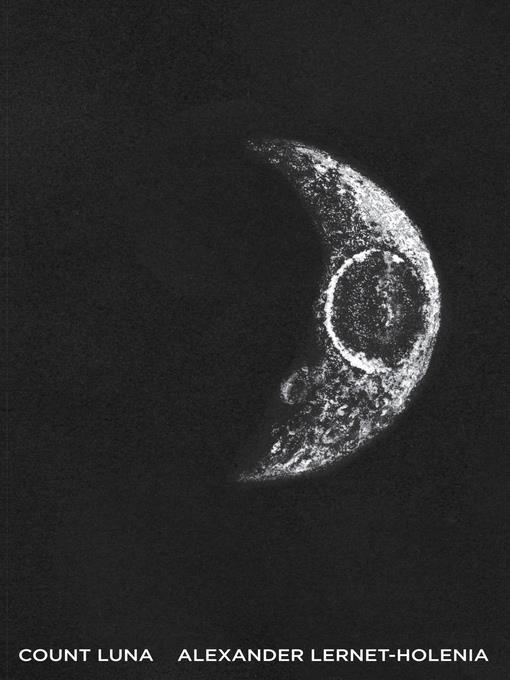
Count Luna
کتاب های مرتبط
- اطلاعات
- نقد و بررسی
- دیدگاه کاربران
نقد و بررسی

June 15, 2020
Paranoia tightens its grip on an Austrian aristocrat who condemned a man to a Nazi concentration camp. This novel, first published in German in 1955 and now reissued in the English translation published a year later, captures the bleak mood of guilt and fear that clouded Germany after World War II. Its protagonist, Alexander, is an Austrian industrialist who, as the story opens, has gone missing in Rome's labyrinthine catacombs. Flashing back, we learn that the transport company he inherited had expropriated property belonging to one Count Luna in 1940. After raising a protest, Luna is arrested and sent to a camp in Mauthausen, Austria. The count's fate after that is uncertain, but Alexander can't shake the feeling that Luna survived, and after the war he grows certain that Luna has escaped the Nazis to haunt him and his family. His reaction is a projection of his anxiety over his family's tenuous sense of its nobility, but it has concrete and dire consequences; in due course, Alexander's fixation makes him reckless and increasingly violent. As a portrait of Austrian nobility, the novel can get fussy, with many of its pages dedicated to Alexander's long, tedious lineage. But as an interior study of how guilt rots a person from the inside out, it's a fine psychological novel. Alexander's mood shifts from callousness ("Probably even Luna himself, in Mauthausen, was now no longer a human being!") to paranoia ("He is not going to persecute me and my family") to insanity stoked by his nemesis' namesake ("he had phases, phases like the moon..."). The novel dwells little on Nazism per se ("Nazi" never appears in the text, and "Hitler" only once), but it's concerned with how fascism disrupted the comfort the upper classes enjoyed in the years before the Anschluss. For Lernet-Holenia (1897-1976), clinging to old, shallow glories leads only to madness, murder, and an eternity underground with a host of anonymous corpses. A pitch-dark tale about the wages of complicity in fascism.
COPYRIGHT(2020) Kirkus Reviews, ALL RIGHTS RESERVED.

Starred review from June 22, 2020
Austrian writer Lernet-Holenia (Mona Lisa, 1897–1976) addresses guilt over WWII in this masterly novel, originally published in 1955. Nearly a decade after the war, Alexander Jessiersky, the head of an Austrian transport business, travels to Rome, enters the catacomb beneath a church, and disappears. Lernet-Holenia then rewinds to the beginning of Jessiersky’s fateful journey. WWII has erupted, and his company’s board of directors encourages anti-Nazi Jessiersky to purchase a parcel of railroad-adjacent property from the reluctant Count Luna, an aristocratic heir. Jessiersky refuses, and the board, determined to satisfy wartime demand, has Luna shipped to a concentration camp for alleged anti-Germanness. Jessiersky sends care packages to Luna, and by war’s end, Luna is assumed dead. Years later, Jessiersky’s children claim to have seen Luna alive, and after one falls mysteriously ill, Jessiersky convinces himself Luna has survived the war and is out for revenge. While waiting for Luna to resurface, he retreats into his library to read about Luna’s family. A series of strange happenings, such as the sound of footsteps in the attic, stoke Jessiersky’s paranoia, and he goes on a disastrously quixotic offensive before going into hiding. Lernet-Holenia’s dark humor propels the narrative, and Jessiersky’s obsession is expertly handled, leading to a wholly unexpected conclusion. Driven by intense psychological descriptions, this tale of inaction against injustice has aged quite well.

























دیدگاه کاربران